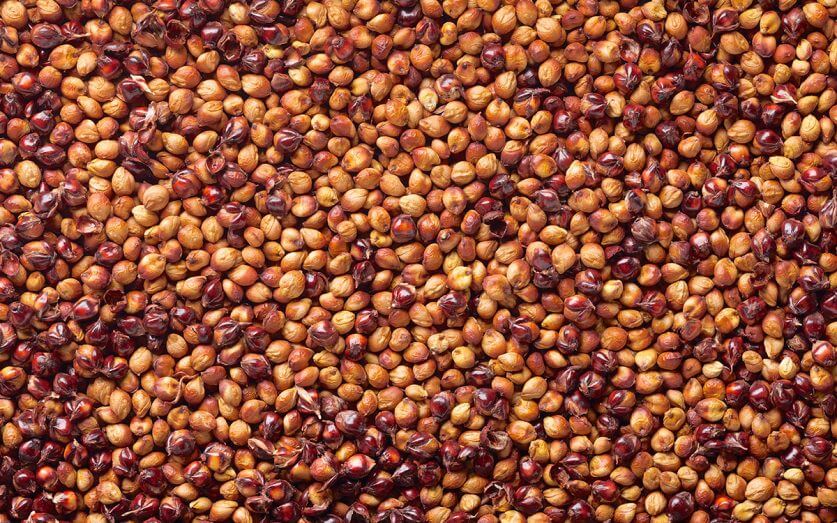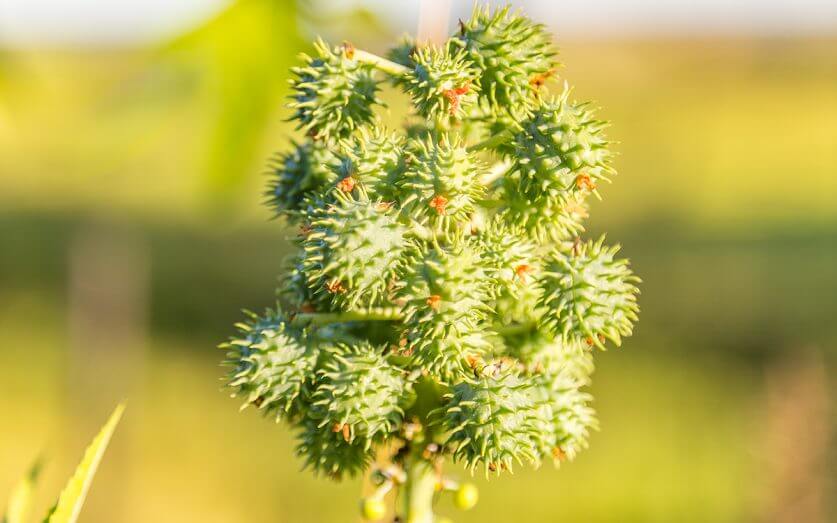Agribusiness is the business of agricultural production. It includes agrichemicals, breeding, crop production (farming and contract farming), distribution, farm machinery, processing, and seed supply, as well as marketing and retail sales. All agents of the food and fiber value chain and those institutions that influence it are part of the agribusiness system. As concern over global warming intensifies, biofuels derived from crops are gaining increased public and scientific attention. This is driven by factors such as oil price spikes, the need for increased energy security, concern over greenhouse gas emissions from fossil fuels, and support from government subsidies.
In Sakura Okamoto Indonesia, we believe that creating a sustainable and renewable energy have bring us to involve in developing an energy plantation. Sorghum and Ricinus are some of variety that we develop to produce future energy.

Sorghum is a grass species cultivated for its grain, which is used for food for humans, animal feed, and ethanol production. Sorghum originated in northern Africa, and is now cultivated widely in tropical and subtropical regions. Sorghum is the world’s fifth-most important cereal crop after rice, wheat, maize, and barley. Sorghum grows in a wide range of temperature, high altitudes, toxic soils and can recover growth after some drought. It has some features that make it one of the most drought-resistant crops. And the biomass can be burned and turned into charcoal, syn-gas, and bio-oil.

Ricinus communis, the castorbean or castor-oil-plant is a species of perennial flowering plant in the spurge family, Euphorbiaceae. Its seed is the castor bean. Castor is indigenous to the southeastern Mediterranean Basin, Eastern Africa, and India, but is widespread throughout tropical regions. Castor seed is the source of castor oil, which has a wide variety of uses. Castor oil is an effective motor lubricant and has been used in internal combustion engines. It has historically been popular for lubricating two-stroke engines due to high resistance to heat compared to petroleum-based oils. Whether natural, blended, or chemically altered, castor oil still has many uses. For example, it remains of commercial importance as a non-freezing, antimicrobial, pressure-resistant lubricant for special purposes, either of latex or metals, or as a lubricating component of fuels. In Brazil, castor oil is a raw material for some varieties of biodiesel.